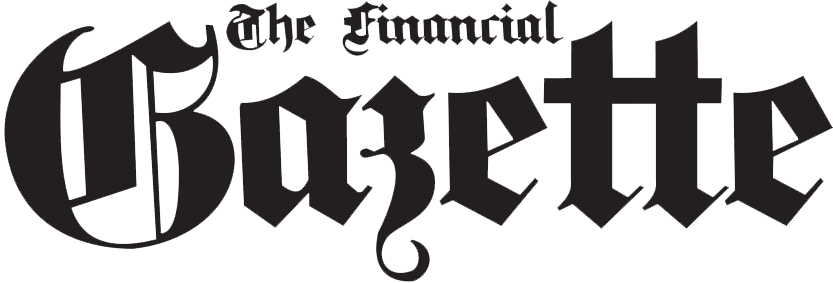649
THE Zimbabwe Rugby Union (ZRU) has sacked Sables coach Peter de Villiers due to unauthorised leave from work fifteen months after his high profile unveiling. The former Springboks coach who described the appointment then as the “greatest day of my life” has indicated from South Africa where he is at the moment that he will…

